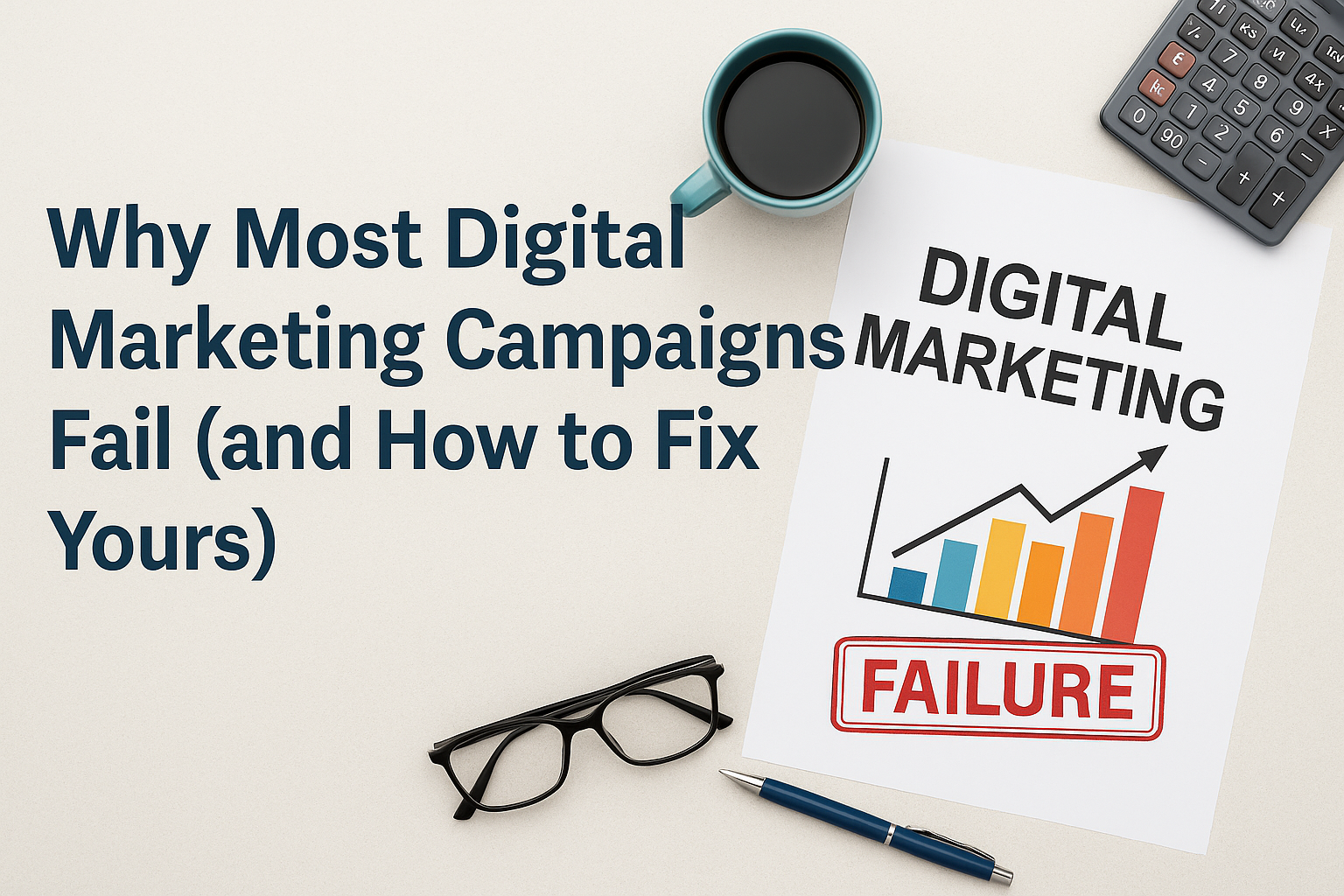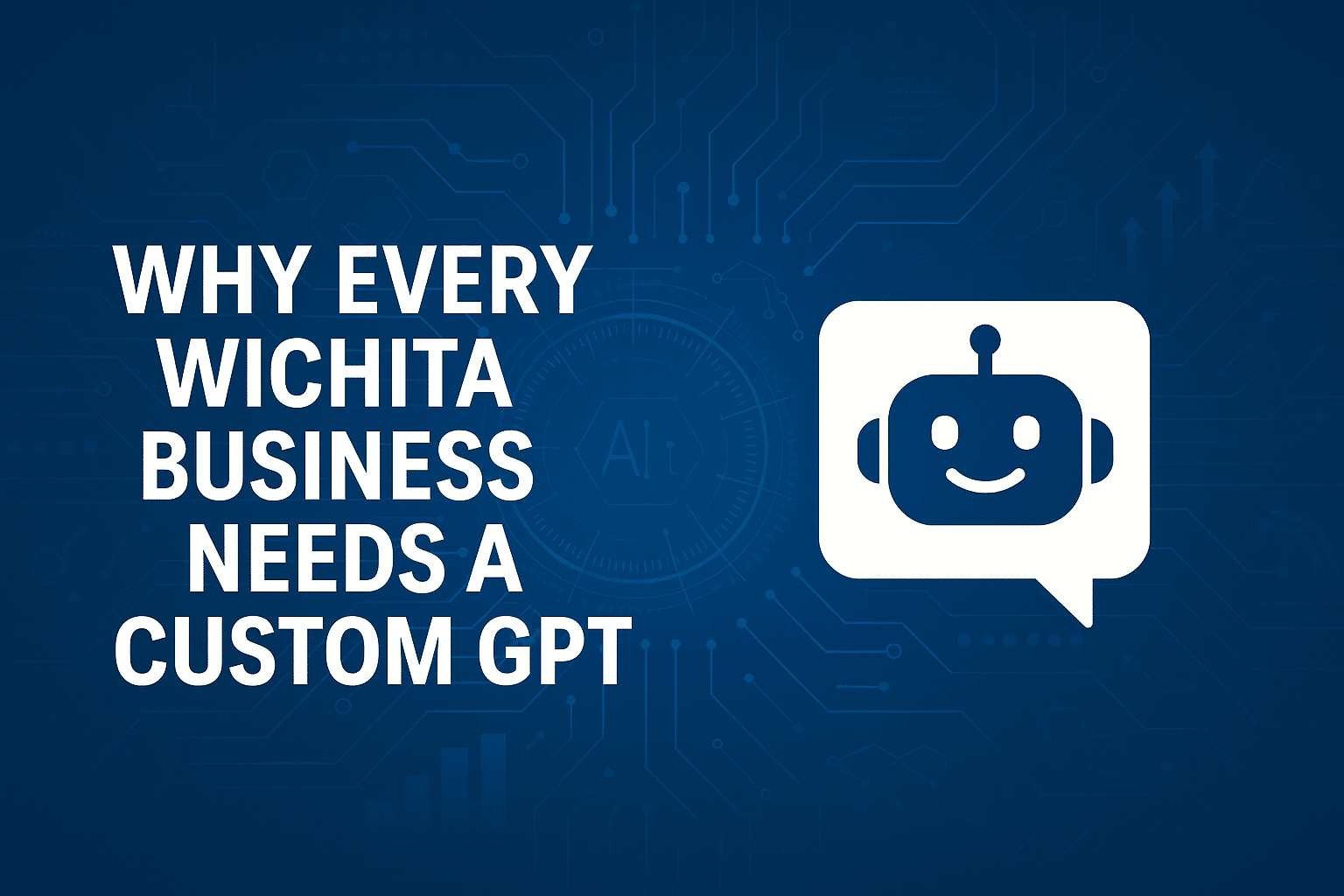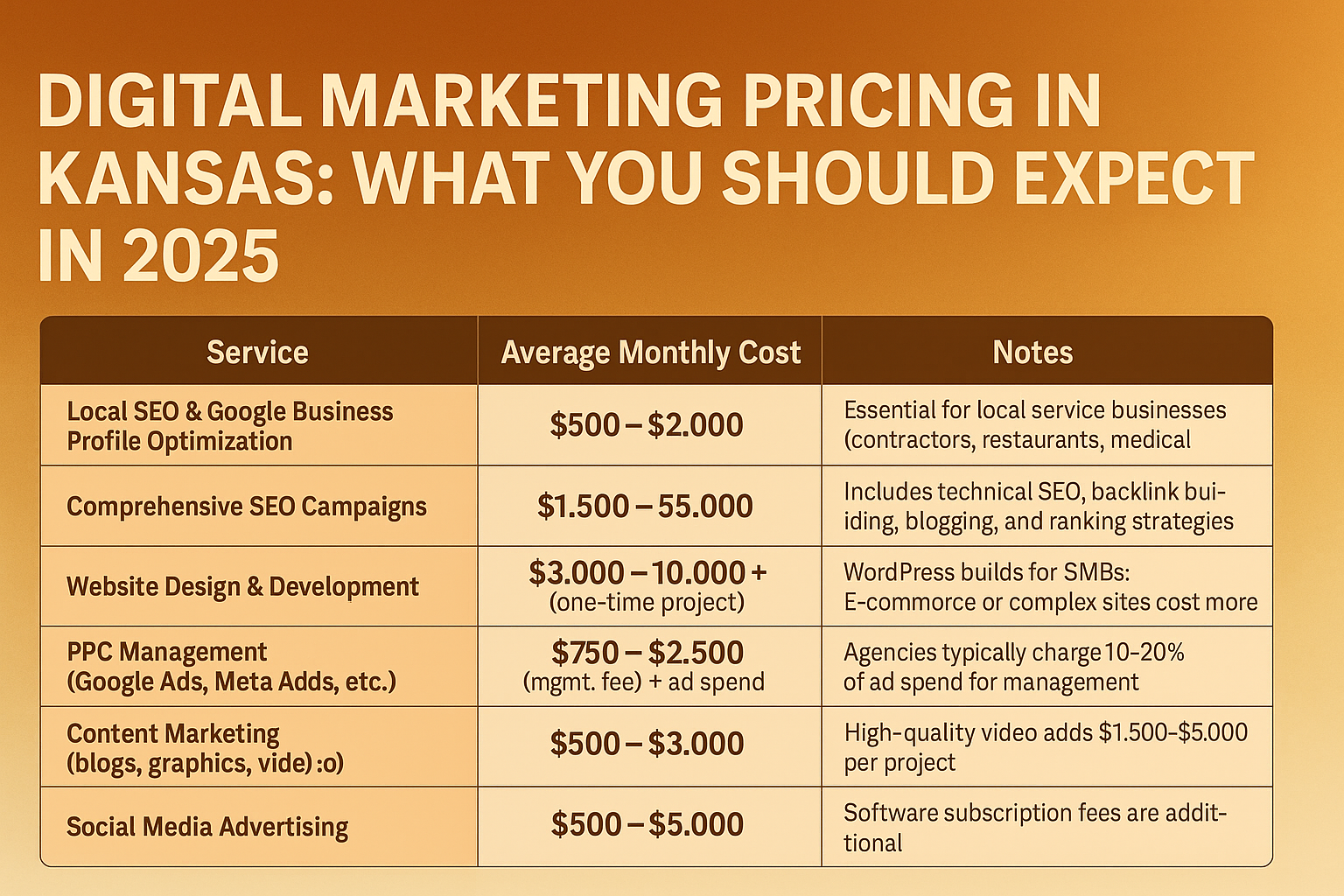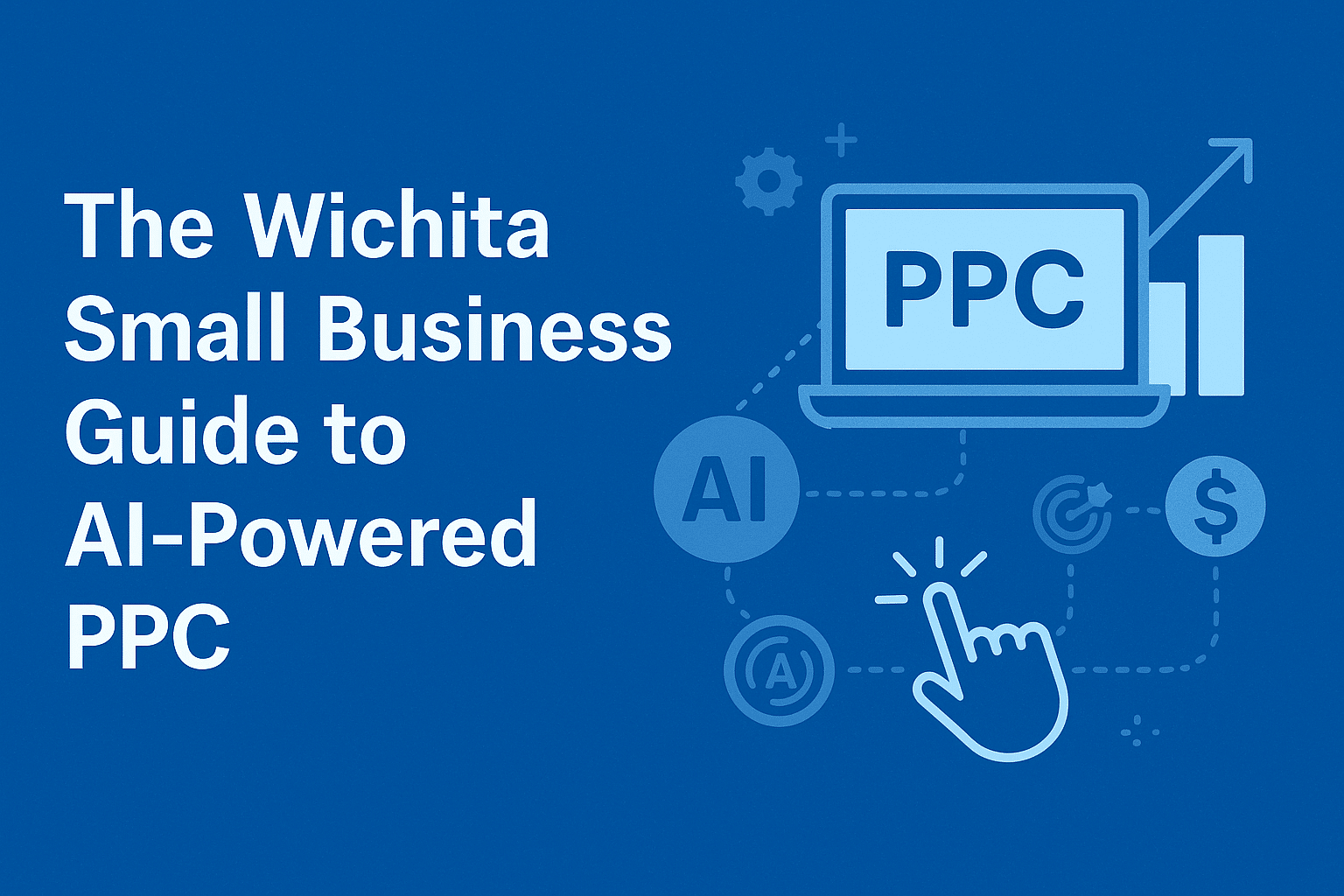Are books and classes no longer pushing you? Do you need a partnership that helps guide you and to grow? You might be in the market for a mentor. For some people, that word is a turnoff. They see long commitments and the painful mentorship “first-dates”. But being a mentor is more than just about finding someone to compare business notes with, it’s about creating a dynamic partnership that is committed to your growth.
Navigating the world of business is a near impossible task if one isn’t equipped with the right team, the right tools, and the right knowledge. Fortunately, there are thousands, if not millions, of people that have successfully navigated the terrain of business to varying degrees of success. Whatever field or specialization you find yourself in, there are always experts out there with knowledge that may be crucial to your continued and burgeoning successes in the field of business.
Who, or What, is a Mentor?
Often the role of a mentor is one that is misunderstood, and frequently overlooked by young and enterprising professionals. What kind of person does it take to be a mentor? Who should this person be within my organization? Should this person be an outsider from my organization? Is there an age requirement for someone to be qualified as a mentor? These questions and more come up frequently in the search for a mentor. There is no concrete process with which to find or even a mentor. However, there are certain traits and roles that mentors have in common.
Experience
All mentors have experience of some kind. Typically, the more experience an individual has, the greater their capacity for mentorship. This can be personal experience in a company or an industry. It can be hands on experience with a practice, product, or system. Experience can take nearly limitless forms, each one playing a different role in their life and their career. Most often experience can be identified by levels of success. Has the potential mentor been in their field long? Do they have a credible series of projects and or developments to reflect their time? Does this potential mentor have a series of promotions that reflect their acquired skills and merit? Do they have rewards or other acknowledgements of what they’ve done? Have they connected with other high profile or high achieving individuals? If they can answer any of these questions to your satisfaction, then they may have the kind of verifiable experience that you are in search of learning from. One of the tremendous benefits of a having a mentor in business is having access to their recollection and compilation of experience. By hearing from someone who’s been there and done that, the “what?” of their accomplishments can be assessed and learned from.
Expertise
What is expertise? Is expertise similar to experience? Do the two concepts go hand in hand? For a dictionary definition of the word, expertise is defined as, exceptional knowledge and/or in a particular field. Expertise is not directly tied to experience, but the two often go hand in hand. Expertise is more of the “book smarts” compared to the “street smarts” of experience. Expertise is what most people are searching for when they think of having a mentor. People want to know the “how?” of the accomplishments, achievements, and goals of those they look up to. For example, one may look at a business expert such as Jeff Bezos and wonder, “How did he get to be the richest man in the world?”. While the answer to that question certainly isn’t one that can be put simply and straight forward, the simplified version of that answer would come from the acquired expertise of Bezos and the experience he gained from putting that expertise into practice. Expertise is another one of the major benefits of having a mentor in business, as you gain access to a mental library of knowledge with often endless application to your own life.
Personal Connection
If experience is the “what” and expertise is the “how” of mentorship, then personal connection is the “why”. Why is this person seeking to mentor you? Why are you seeking to be mentored by them specifically? More often than not from the mentor’s side, the why is simple. They seek to pass on what they have learned, to continue to foster those that need help, and to make the world a better and more knowledgeable place. On the side of the mentee, the chosen mentor is often selected because of their merit or position of admiration and respect. Perhaps it’s a relative with expertise and experience in your field. Perhaps it’s a boss whom you’ve taken a liking to. Whatever the reason, it is important to make sure that both parties can clearly define their “why” and that a personal connection is established to make the mentorship concrete and as deep as it should be.
What Kind of Mentor Do I Need?
What kind of person does it take to be a mentor? If you are a child, then most adults in your life take some role as a “mentor”. However, as you get older, you are forced to narrow these “mentor” figures down to find those who align somewhat directly with your views, expertise, and values. Now, take this example one step further. In high school, the field of business is often treated as a broad one, with little focus given to different fields such as accounting, marketing, finance, etc. In college, the broad field of business is broken down into these more diverse fields of business such as those listed above. After college, and in the business world, these fields are broken down even further into jobs with specific roles, such as supply chain management, human resources, public relations, etc. No matter what stage of life you begin your interest in business in, you require a different specification and qualification of mentor.
In high school, a business teacher or local business owner will suffice. At the high school stage of life, the basics need to be understood and fully mastered before moving on to the more advanced topics. Even if you have graduated and are much older, a mentor along these lines is a great resource for mastering or even reviewing the basics. Concepts such as the 4P’s of Marketing, Simple Supply and Demand, and the concept of balancing a checkbook can be learned from these resources. The benefit of utilizing a mentor versus a teacher or a course is that the mentor can walk or run with you at your own pace and can often answer more obscure questions while covering ground at a generally faster pace.
In college, or a similar intermediate stage of business acumen, the basic knowledge and expertise of a high school business teacher or small business owner may no longer suffice. This isn’t to discredit the mentors from earlier stages in development, but it is important to remember that they may not have as much experience or expertise with deeper concepts, as they view business from a much smaller scale than a large retailer, college professor, or corporate executive. So, an intermediate learner in the workings of business would search a few rungs higher on the corporate ladder for a mentor. Perhaps a professor or credible expert in their intended field of business would suffice as a mentor. Taking the example of the small business owner a step forward, the regional manager of a chain or department head of a corporation’s local office may suffice. These examples won’t have the acumen of a Warren Buffer, per say, but will have more hands on and in-depth knowledge than someone who deals with business on a smaller scale, such as the aforementioned teacher and small-business owner.
For an advanced student of business, someone who has mastered the basics and moved into the business world professionally, a more involved and experienced mentorship is needed. The college professor and the mid-level manager may no longer suffice. Again, this isn’t to discredit their knowledge or ability, but is relative to the experience they have with the “big picture”. This may also begin to be a question of identifying where you, as someone seeking a mentor, are hoping to find yourself 5, 10, 15+ years down the line. The advanced stage of understanding is where expert mentors really come into a play. For the beginning and intermediate stages of understanding and growth, the knowledge is less circumstantial, and a less-credible mentor may yield the same results as an experienced and truly knowledgeable one. However, in the advanced stage, it becomes absolutely crucial to select a mentor who is not only experienced, but one who is credibly so. This is where achievements and goals come into play, and why it was stated earlier that it is important for some of those goals and ambitions to match up.
What are the Benefits of Having a Mentor in Business?
We’ve covered what to look for in a mentor and why someone is qualified to be a mentor, but how does having a mentor benefit the mentee? The primary benefit of having a mentor is quite simply having someone to regularly talk things through with. Life if complicated and confusion, with many different paths and doorways converging and diverging at various intervals. A mentor is someone that often acts as a sounding board for all of the options, opportunities, and setbacks that life presents you with. The mentor relationship because it creates an individual has both an insider and an outsider view on the situations going on.
For example, imagine that you are employed at Company A as a data analyst. This isn’t your dream career; but as an entry level employee straight out of college, it is a solid stepping stone towards your dream career. You are offered a position at another company, it isn’t in the direction that’d you’d like to go, but it comes with a sizeable increase in pay and benefits. What do you do?
This is where the mentor comes into place. Having already climbed the ladder a substantial amount of the way and bringing with them into the conversation several decades of experience, they understand where you are coming from. The mentor knows you and knows your goals, they also know the relative direction in which each choice would lead. They can by no means make the decision for you, but they can share what they know, and that is often the most asset that an up and coming individual can have. The mentor can see what is going on in the shoes of the mentee, but also sees the situation as someone from the outside would. They can process what they know about you and the choice that lay ahead, while comparing and compiling it with what they know and have seen.
Conclusion
While mentor relationships are recommended to people in almost every field, it is up to the mentee to determine whether or not they would benefit from having a mentor in their life. Remember to ask yourself, what are the benefits of having a mentor in business? Are there mentors in your field? Are there people you could be learning from? Growing from? If you are seeking a mentor, remember to check them against the criteria for what makes a mentor. Find individuals that have experience in your field, or at least one similar to it. Find individuals who have expertise over your subject matter, people who know what they are talking about. Think of individuals who you already share a personal connection with. Who in your life is already serving as a mentor that you think you could benefit from further interaction with?
Seek out individuals that have been through what you are going through. Search for people that have answers to your questions. Every mentor relationship is different, it is up to you to find the relationship that works for you.




















